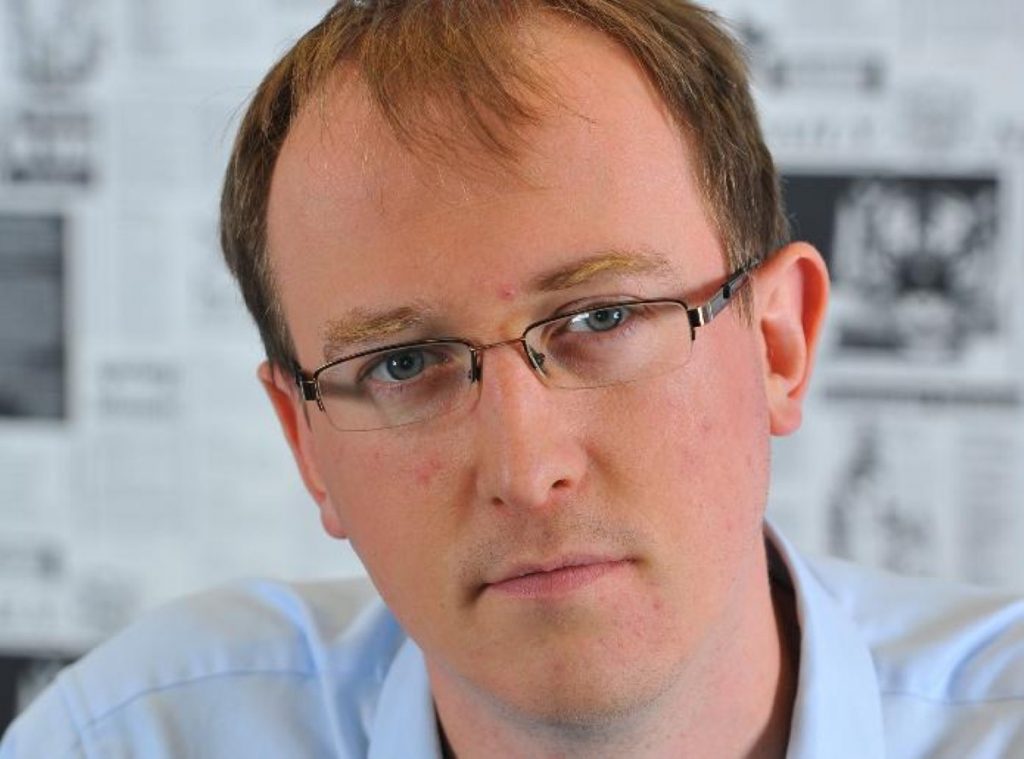Comment: No Boris, greed and charity don’t mix
Greed and envy are sins. So why is Boris Johnson trying to turn them into virtues?
The religious overtones of his speech to the Centre for Policy Studies, that temple of Thatcherism, seem to fundamentally challenge the ethical basis Britain's morals are built on.
"I don't believe that economic equality is possible. Indeed, some measure of inequality is essential for the spirit of envy and keeping up with the Joneses that is, like greed, a valuable spur to economic activity," he said.
Perhaps the London mayor was trying to make up for his speech to this year's party conference, when he ruffled Tory feathers between the jokes by staunchly opposing anti-immigrant politics.


In amongst the signature Johnson fluff, his address to the CPS certainly made up for it. This was unusually plain speaking for a Tory. There is something about right-wing politics which makes it reluctant to confront the truth: that the spirit of innovation and self-betterment has a fundamentally selfish motive. In its purest form, it is about advancing the interests of those who deserve it most.
Reality is not quite like that. We don't all get the best starts in life. So those who embrace this purely meritocratic approach often end up ignoring those who end up at the bottom of the pile in spite of, and not because of, their own efforts.
Despite a prime minister educated at Eton and a society where social inequality is growing, not shrinking, those of a Tory persuasion remain unconvinced that the crisis is really a problem that needs decisively confronting. As Boris' speech showed.
There was a time when greed, like other sins of excess like lust, avarice and covetousness, was frowned on. And while these days Catholic teachings have little bearing on the daily lives of those of us who don't care for Popes, they do say something about the basics of human existence in 21st century Britain.
What Boris has done is put aside such sensitivities and confronted us with a disconcerting home truths. He makes clear he doesn't want to see a repeat of the "Loadsamoney heartlessness" of the 1980s. But the political truth of his speech is that such garish display is only a step away from the ruthless pursuit of money seen in the "teddy bear braces and young men and young women driving Porsches and bawling into brick-sized mobiles".
Boris, like the Catholics, knows we're all human. So to him the instincts of human nature aren't sins at all, but virtues. Lust is good because it makes us take care of our appearance. Gluttony is simply excellent for the food industry (although perhaps not so great for public health). Sloth would be a highly desirable characteristic for our legislatively hyperactive leaders. Wrath makes for great leaders in the nationals, that's for sure.
The flipside of greed, of course, is charity. And it is surely no coincidence that soon after addressing those who spend their time "figuratively riffling banknotes under the noses of the homeless" Johnson expresses a hope for a boom "marked by a genuine sense of community and acts of prodigious philanthropy".
He even gets all Biblical. "It was Mrs Thatcher who made the essential point about charity, in her famous analysis of the parable of the Good Samaritan," he said.
"He wouldn't have been much use to the chap who fell amongst thieves, she noted, if he had not been rich enough to help." It's not clear whether he treats the teachings of God or Mrs T as more valid, but there you are.
Maybe the Catholics do have something to teach the mayor of London, after all. Greed is a good thing, he argues, but it is diametrically opposite to charity. If you promote one, the other is likely to get forgotten about.
That's why Boris' 'greed is good' speech should be so troubling. For a politician who is not yet up to walking on water, he's got a bit carried away. In exposing the ideological basis on which right-wing selfish politics is based, he's put the Tories on very thin ice.
The opinions in politics.co.uk's Comment and Analysis section are those of the author and are no reflection of the views of the website or its owners.









